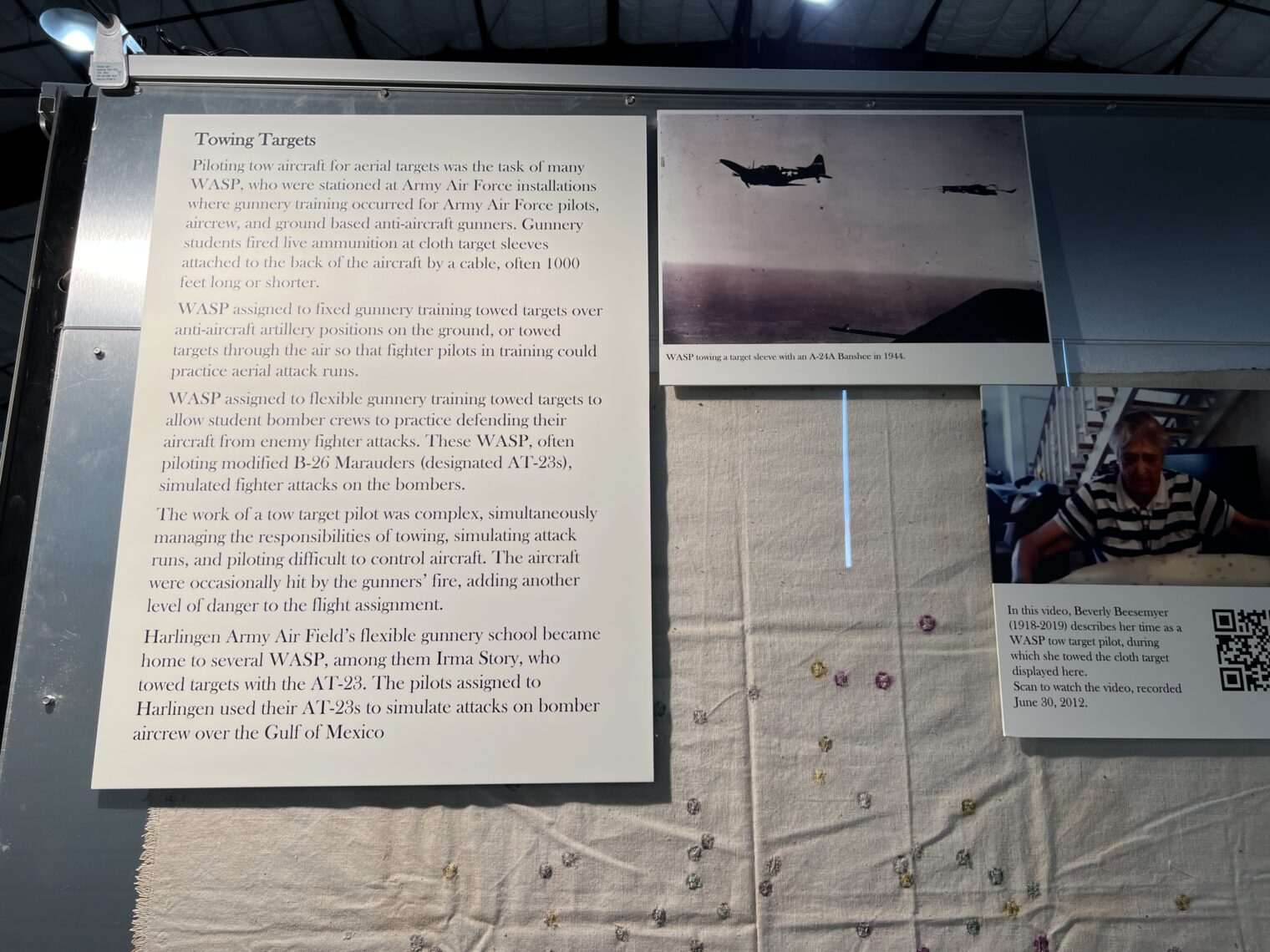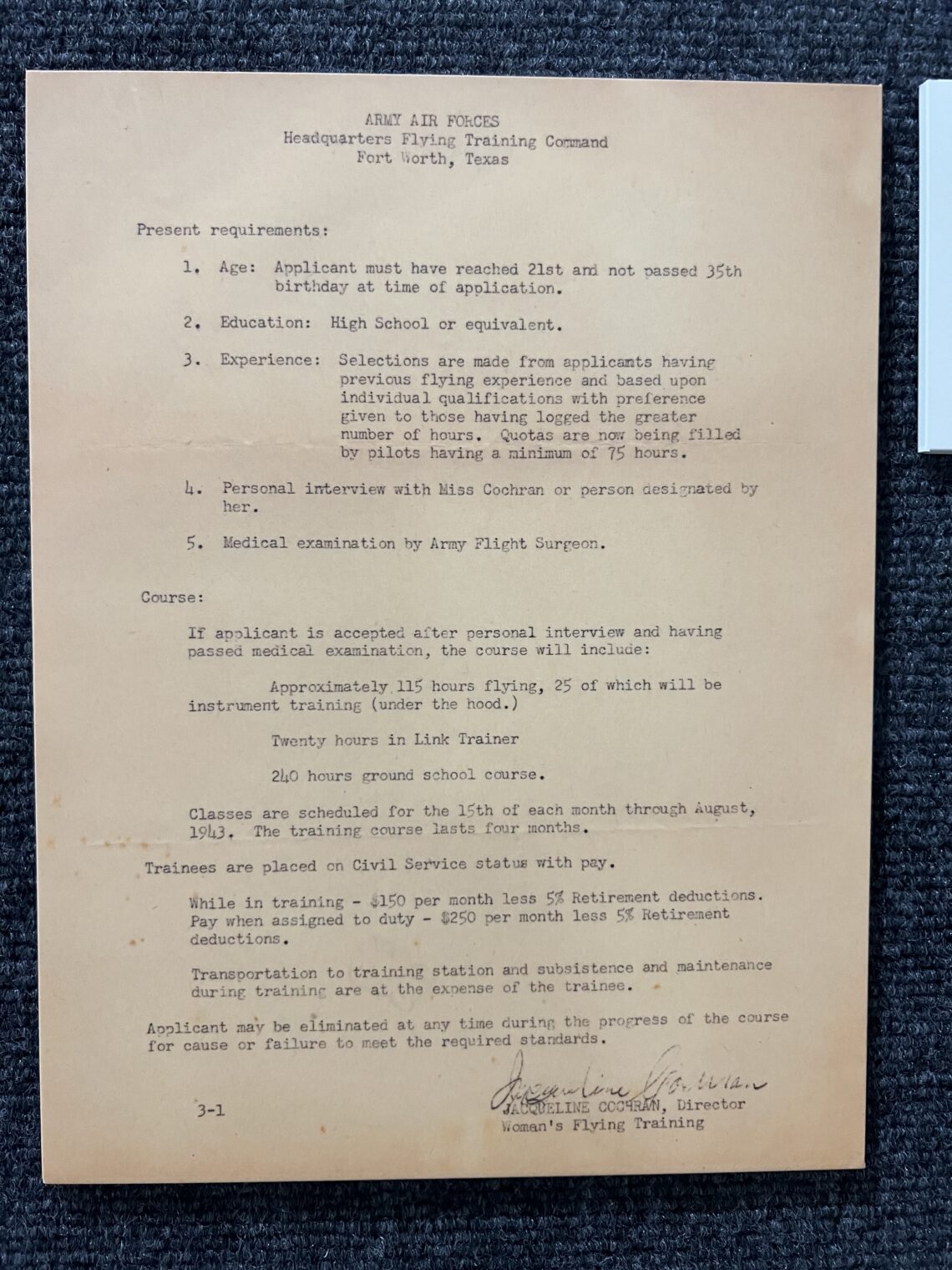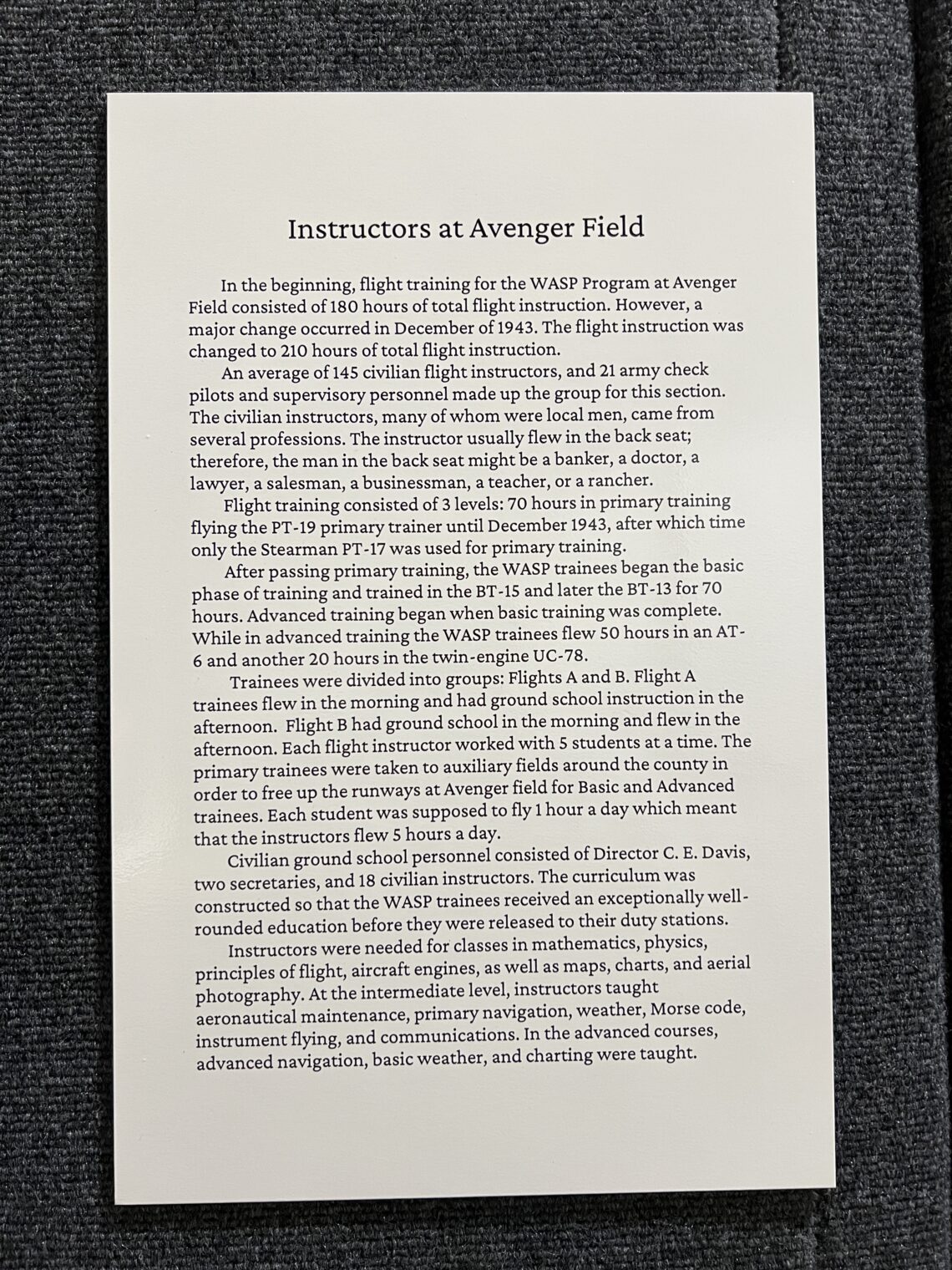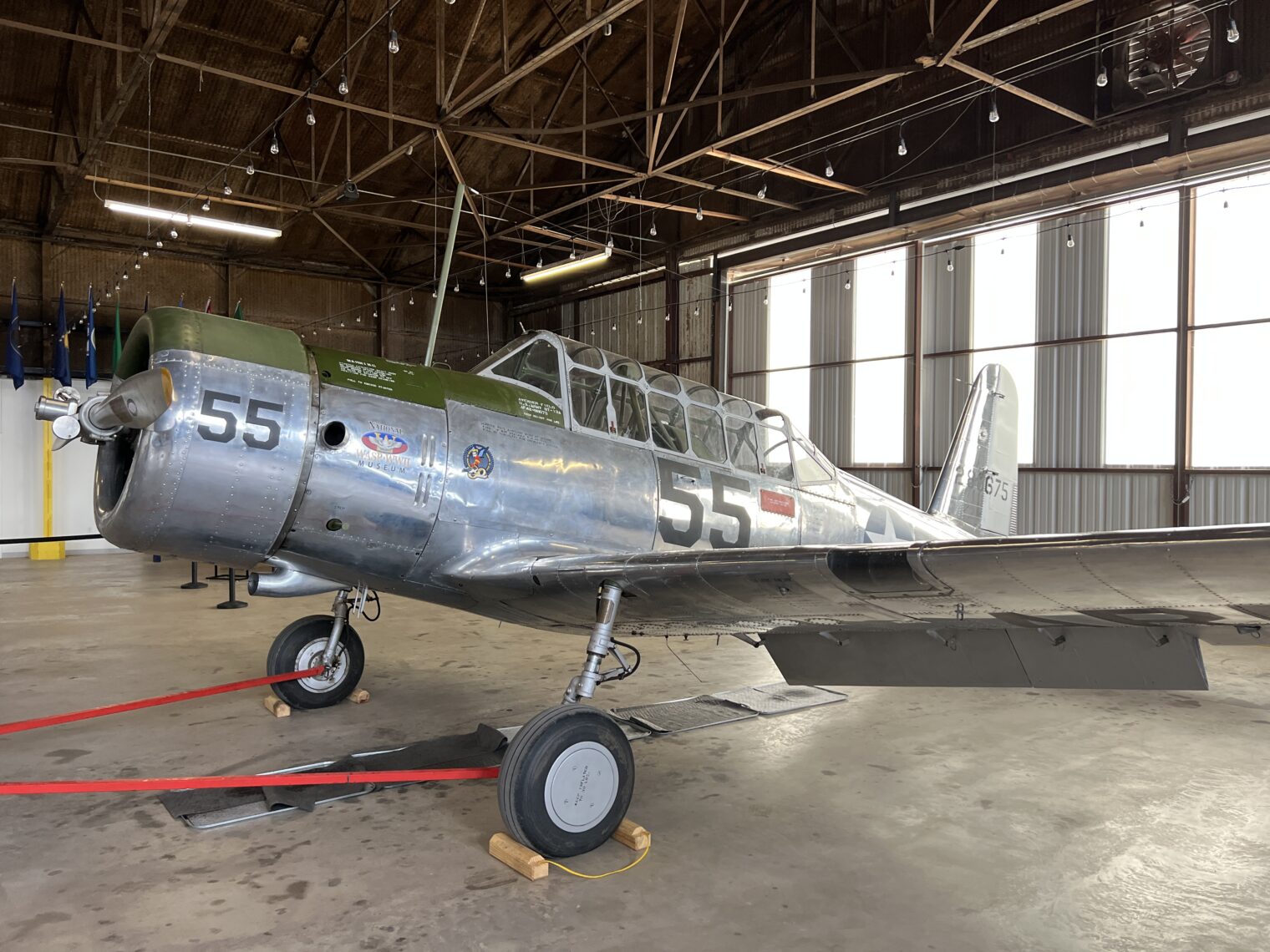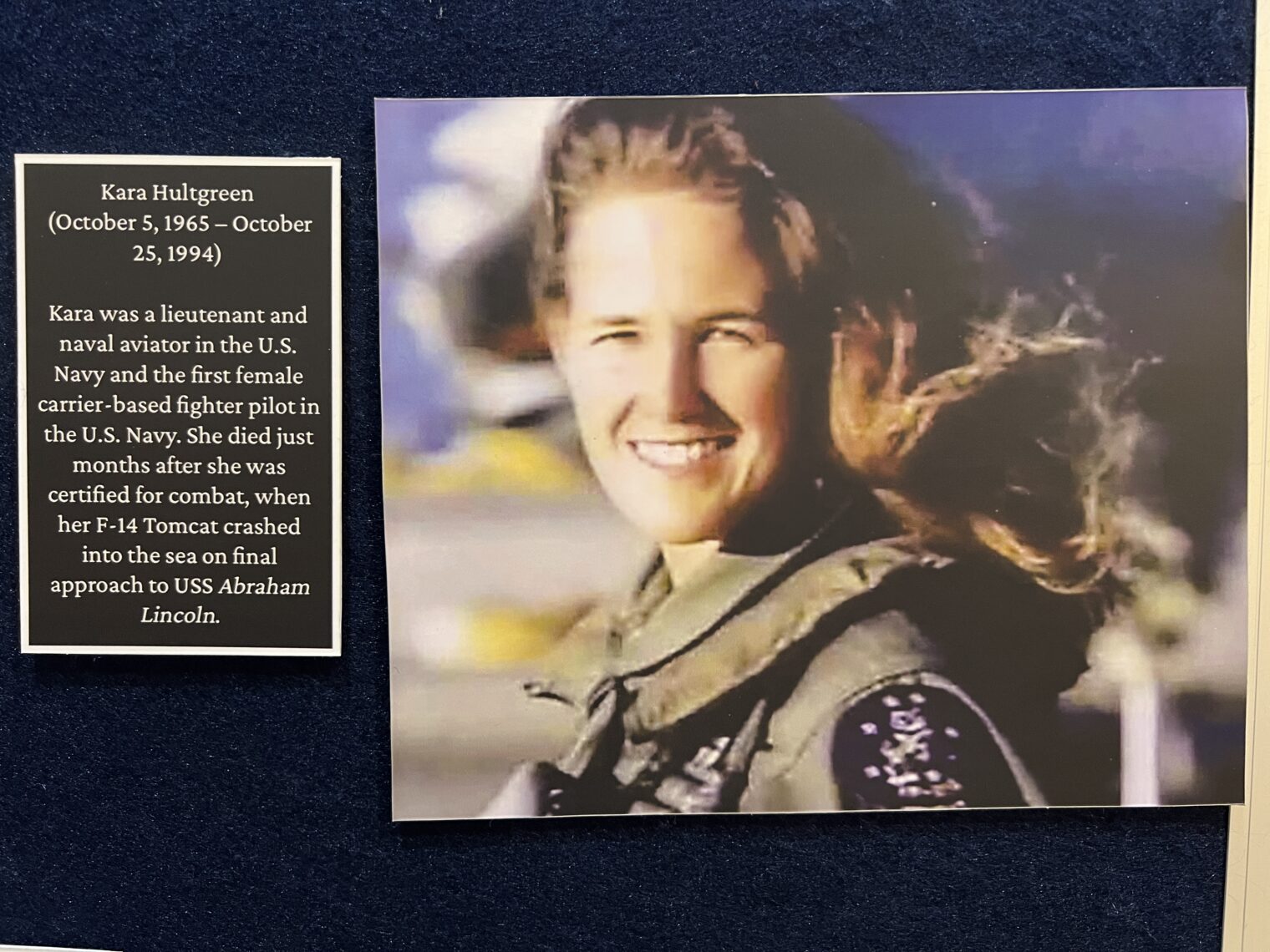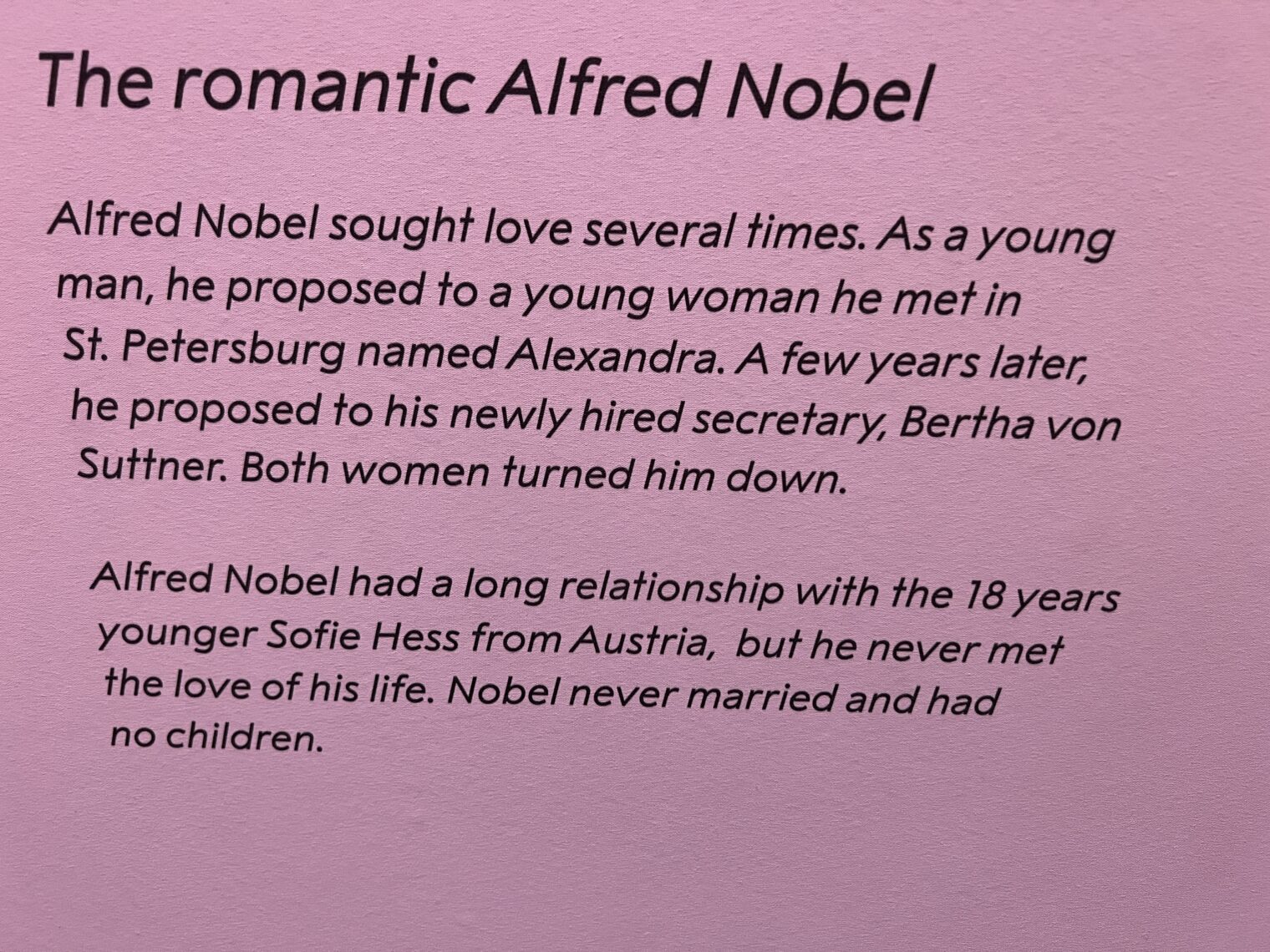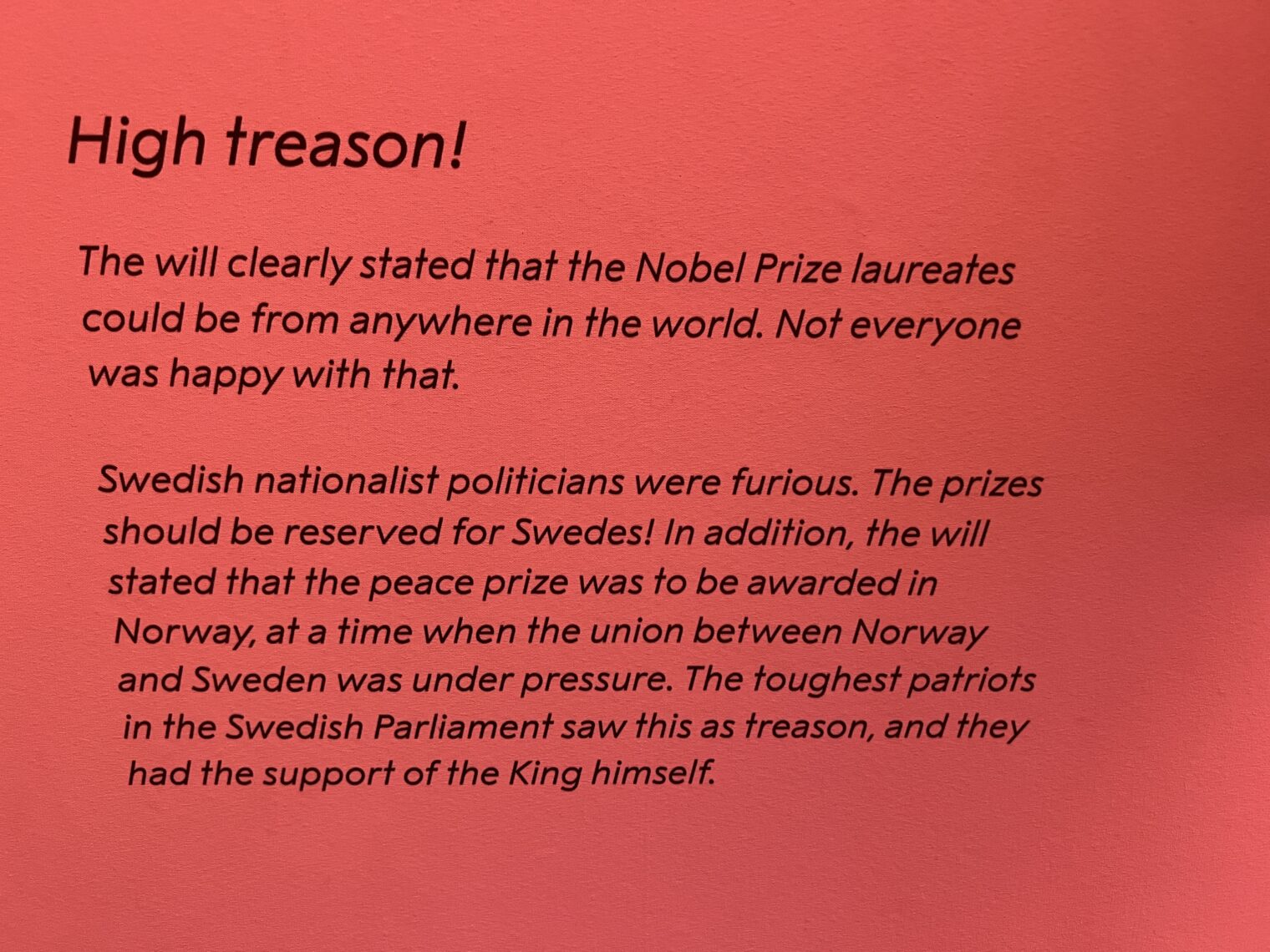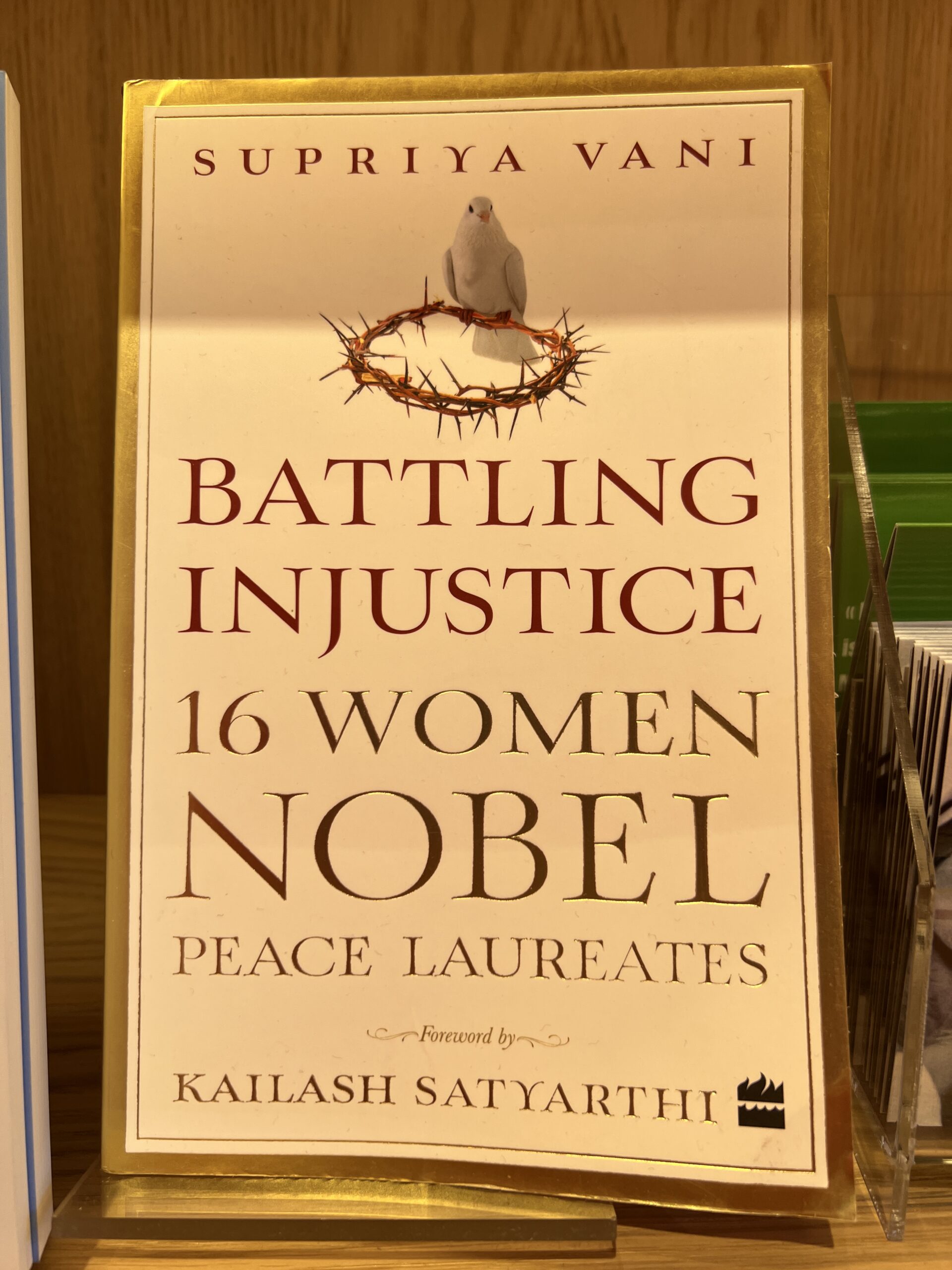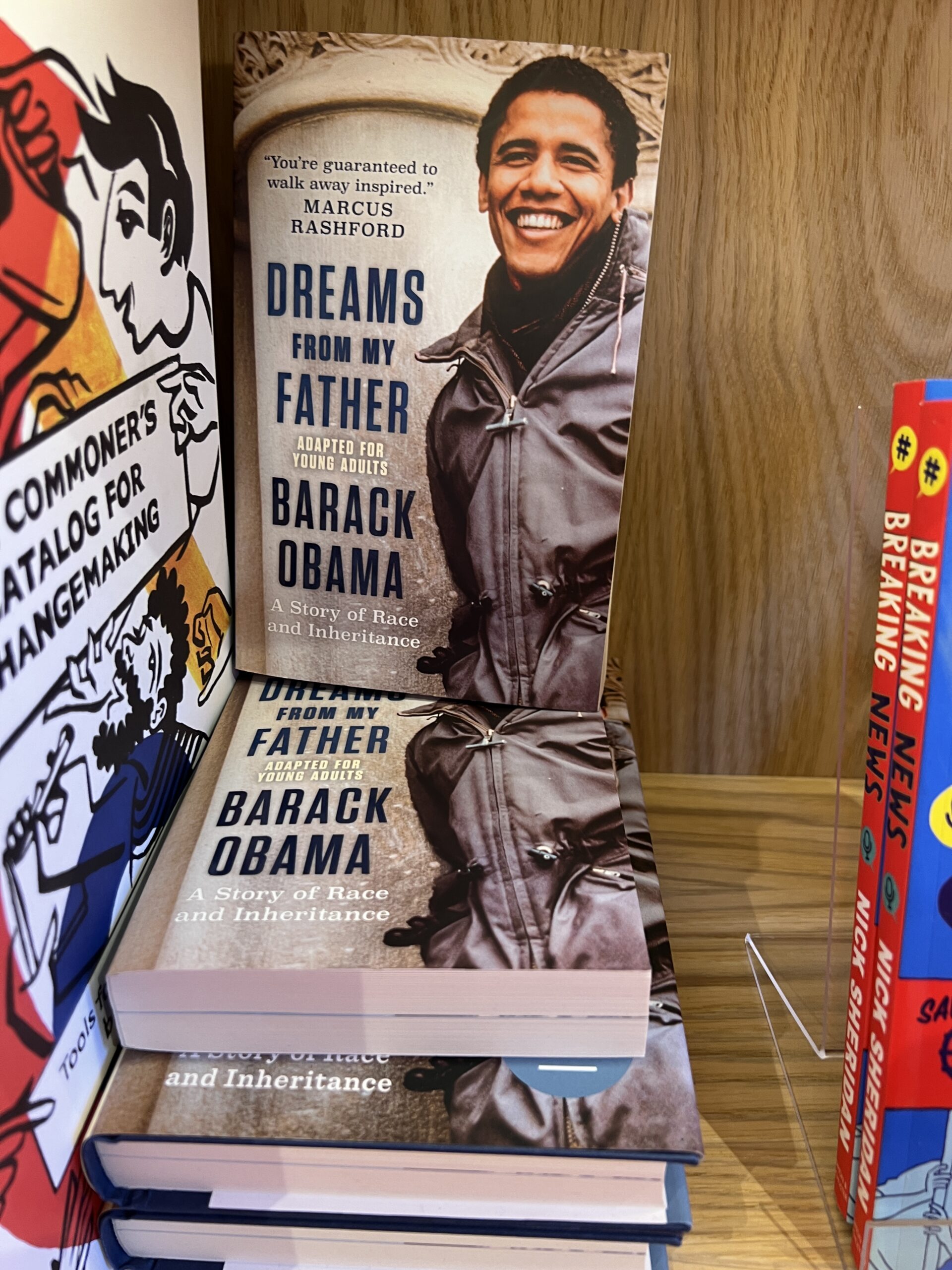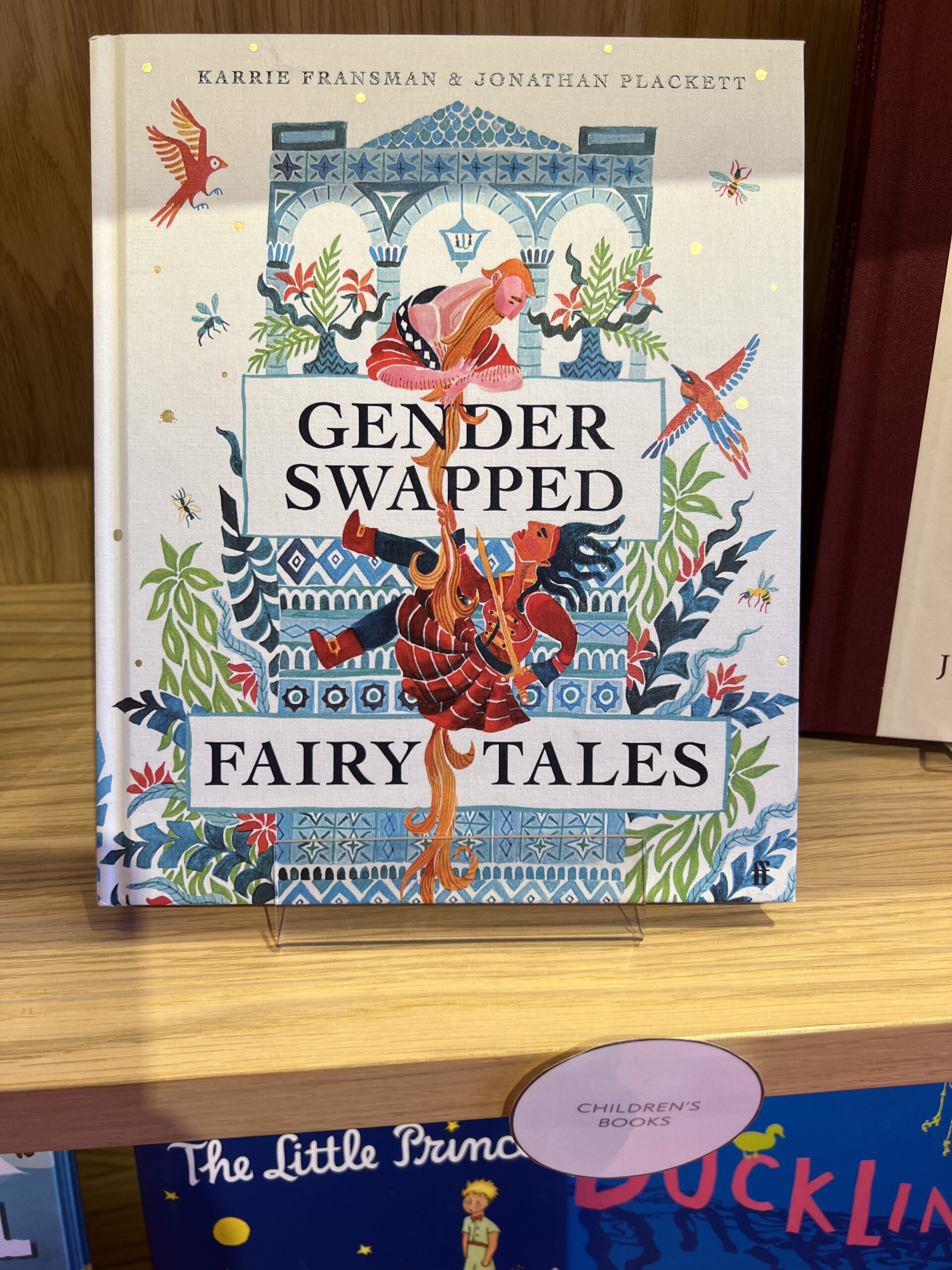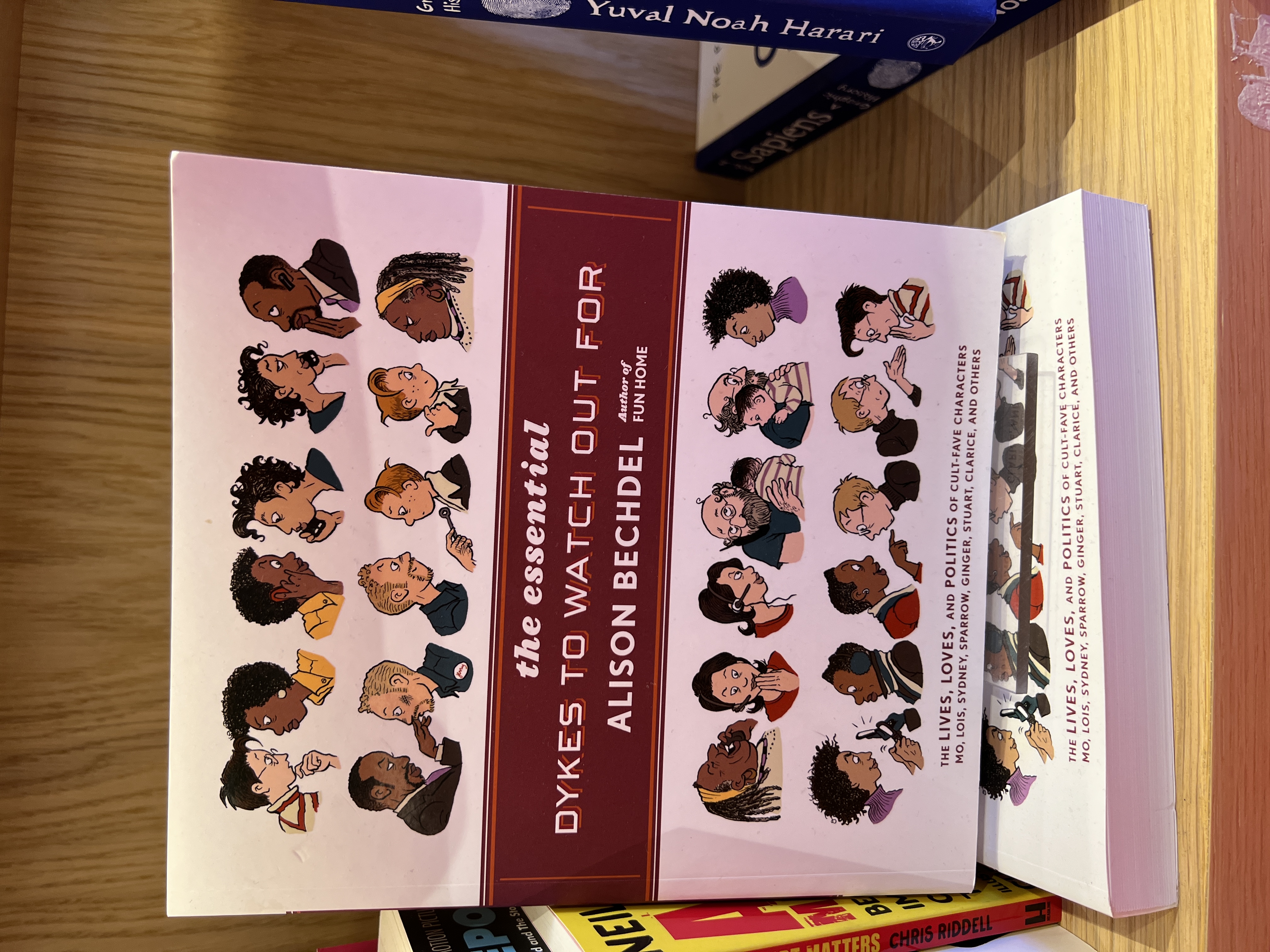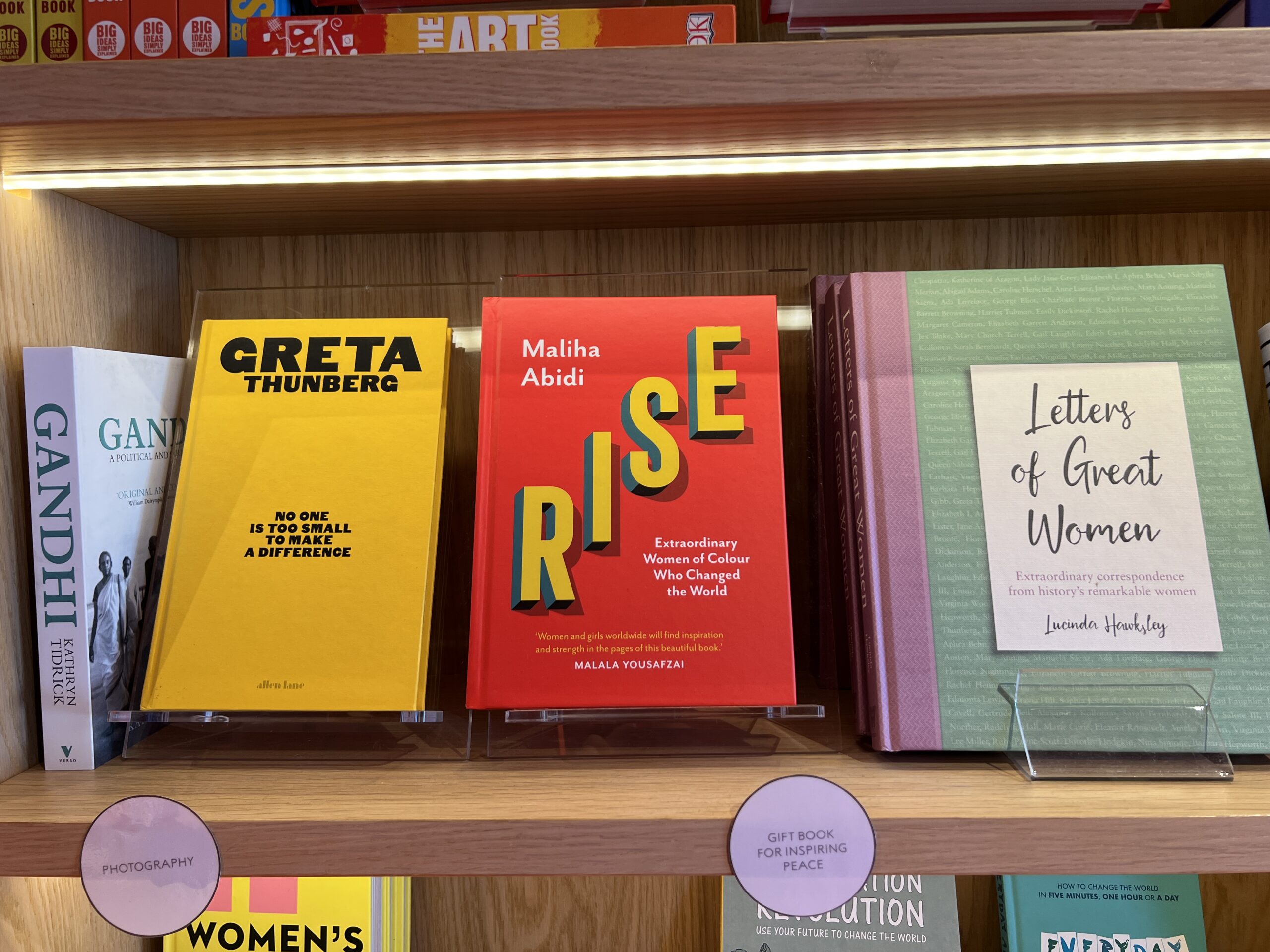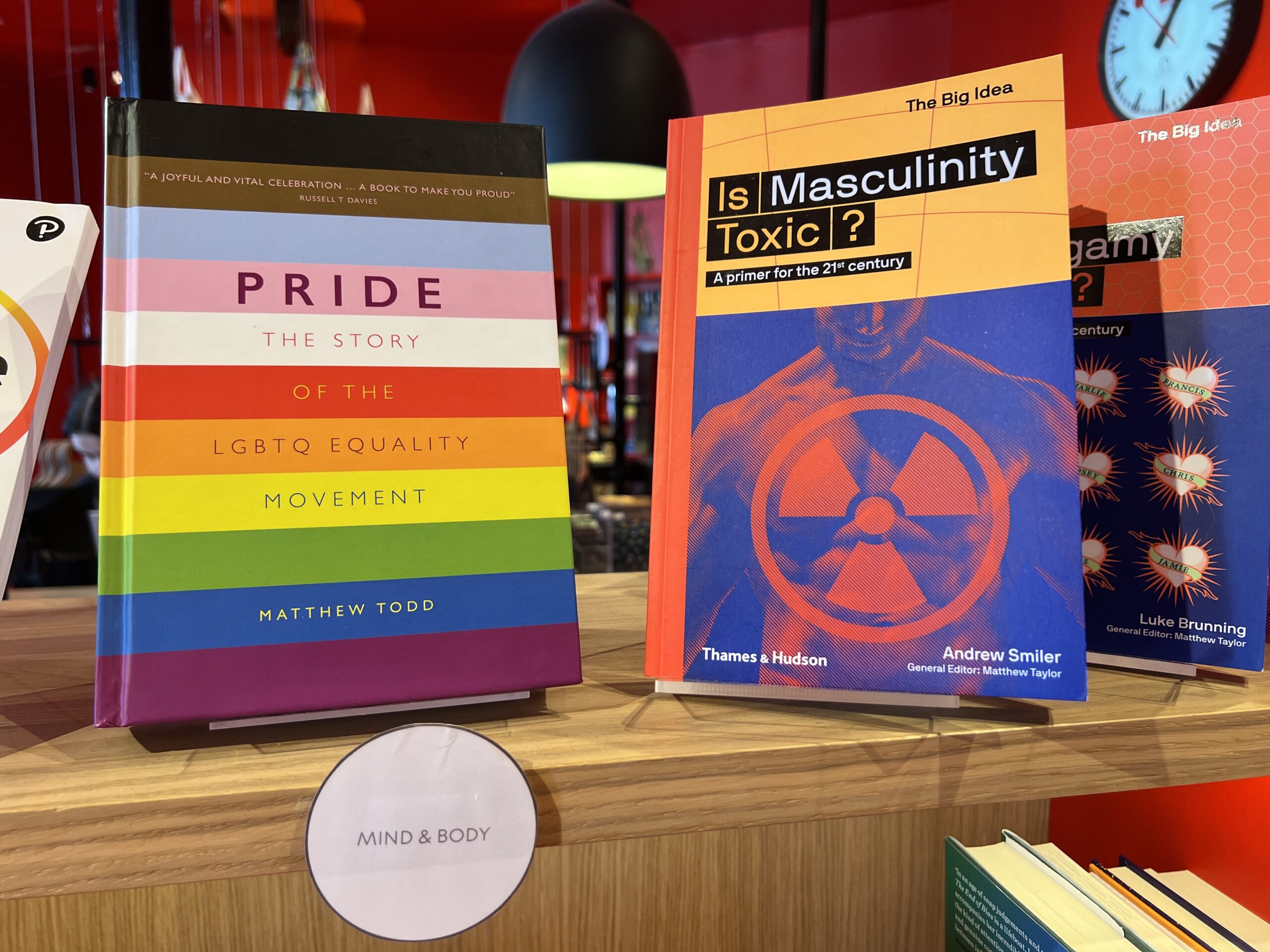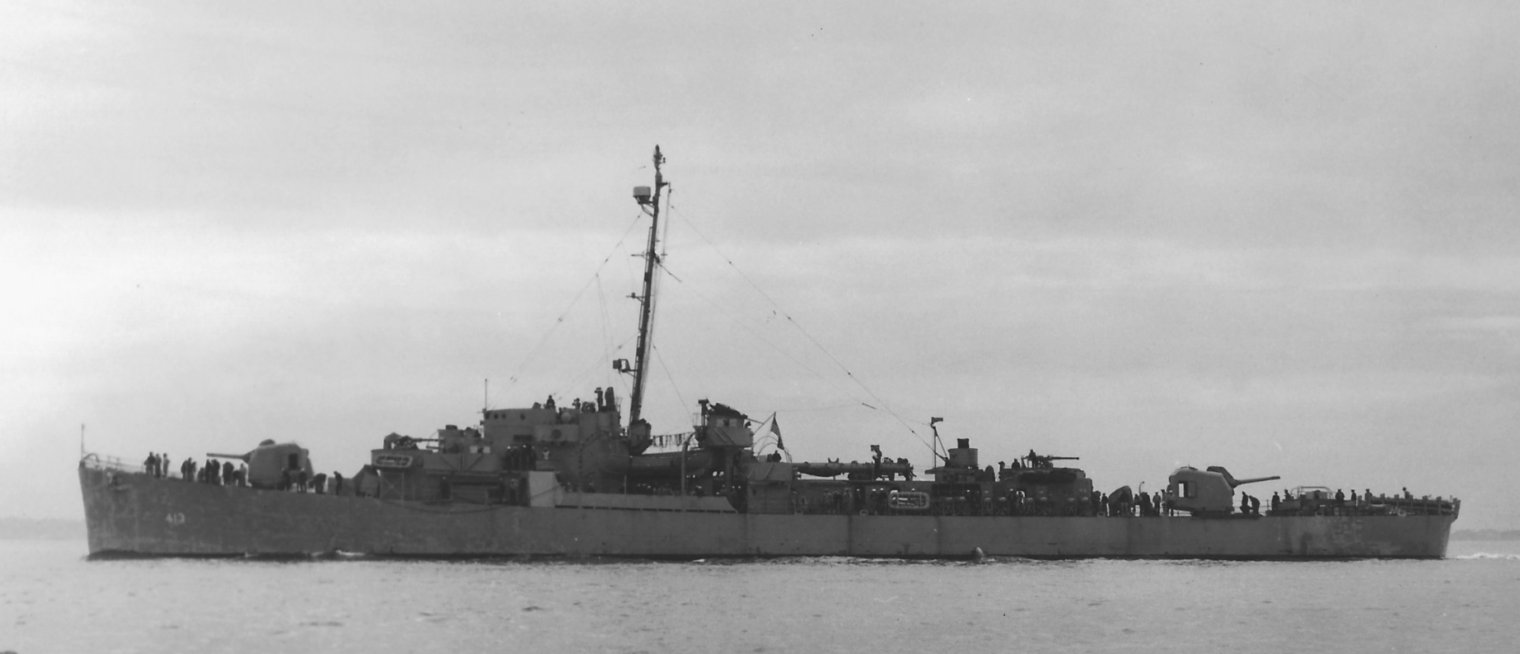New York Times on the crisis in Israel
The New York Times has been predicting doom for Israel for months.
July 2023, “In Israel, High Stakes for High Court: Democracy’s Fate”:
From Hungary to India to Brazil, how judges responded to attacks on their independence helped decide whether would-be autocrats prevailed in constraining the courts.
Over the last few decades, attempts to weaken the courts around the world have become recurring signals that a democracy is in trouble. Attacks on judicial independence were early steps toward one-party dominance in Russia, Turkey and Venezuela, for example.
But a move to limit the authority of the courts — like the new law adopted by Prime Minister Benjamin Netanyahu’s right-wing coalition barring judges from using the longstanding legal principle of “reasonableness” to overrule government decisions — does not make democratic collapse inevitable. It’s more like a flashing red light, and how the judiciary responds can begin to decide how much damage is done.
From climate change alarmist Thomas Friedman, July 2023, “The U.S. Reassessment of Netanyahu’s Government Has Begun”:
Why is Israel’s cabinet trying to crush the country’s Supreme Court? Why did President Biden tell CNN that “this is one of the most extreme” Israeli cabinets he’d ever seen? And why did the U.S. ambassador to Israel just say that America is working to prevent Israel from “going off the rails”?
The short answer to all three questions is that the Biden team sees the far-right Israeli government, led by Benjamin Netanyahu, engaged in unprecedented radical behavior — under the cloak of judicial “reform” — that is undermining our shared interests with Israel, our shared values…
They just find it hard to believe that Bibi would allow himself to be led around by the nose by people like Ben-Gvir, would be ready to risk Israel’s relations with America and with global investors and WOULD BE READY TO RISK A CIVIL WAR IN ISRAEL just to stay in power with a group of ciphers and ultranationalists.
But it is what it is — and it’s ugly. Tens of thousands of Israeli democracy protectors blocked roads and highways and besieged the Tel Aviv airport on Tuesday to make clear to Netanyahu that if he thinks he can snuff out Israel’s democracy just like that, he’s badly mistaken.
If the hundreds of thousands of Israeli democracy defenders, who have taken to the streets every Saturday for over half a year, can’t stop the Netanyahu juggernaut from slamming this bill through, it will, as former Prime Minister Ehud Barak wrote the other day in Haaretz, “degrade Israel into a corrupt and racist dictatorship that will crumble society, isolate the country” and end “the democratic chapter” of Israel’s history.
Friedman says that he’s unhappy about Hamas’s recent military success in the war that the Arabs started 75 years ago (see my Israel background article from 2003; no need for an update because nothing substantive has changed):
Any prolonged Israel-Hamas war could divert more U.S. military equipment needed by Kyiv to Tel Aviv
(i.e., Ukraine is the real ally)
Separately, let’s keep in mind that a country’s resources are finite. The Arabs in Gaza are among those who have vowed to destroy Israel (as U.S. Congressional Rep. Rashida Tlaib tweeted, “From the river to the sea, Palestine will be free”). Instead of spending the summer keeping track of what practical steps these Arabs were taking toward Rashida Tlaib’s goal, Israeli progressives were out protesting. They perceived Netanyahu as their biggest enemy and didn’t consider the possibility that the pen wasn’t mightier than the sword. The protests against cutting back the power of Israel’s courts were negligible, however, compared to the time, money, and energy that Israel spent fighting SARS-CoV-2. This fight apparently yielded no benefits because the country ended up with a higher rate of “excess deaths” than do-almost-nothing Sweden. Instead of cowering at home, Israelis under 65 could have been in military refresher training, manufacturing weapons;, etc.
One strange aspect of media coverage of this fight is that it is characterized as being against “terrorists” or “militants” and not soldiers of a legitimate government. Hamas enjoys more support among Palestinians than Joe Biden does among Americans. Why aren’t the people carrying guns on behalf of Hamas, which represents the interests of a majority of Palestinian Arabs, then referred to as “soldiers”?
From 2021, “Poll finds dramatic rise in Palestinian support for Hamas” (AP):
A new poll released Tuesday finds a dramatic surge in Palestinian support for Hamas following last month’s Gaza war, with around three quarters viewing the Islamic militants as victors in a battle against Israel to defend Jerusalem and its holy sites.
The scientific poll by the Palestinian Center for Policy and Survey Research also found plummeting support for President Mahmoud Abbas, who was sidelined by the war but is seen internationally as a partner for reviving the long-defunct peace process.
The poll found that 53% of Palestinians believe Hamas is “most deserving of representing and leading the Palestinian people,” while only 14% prefer Abbas’ secular Fatah party.
Related:
- “Gaza struggles to accommodate the living and the dead as population grows” (Reuters, 2022): “Its population is set to more than double within the next 30 years to 4.8 million and already land is running out.”
- from the United Nations, which guarantees health care, education, food, etc. to every baby born in Gaza: “The population growth rate stands high at 2.8% and it is expected to remain stable due to decline in mortality rates while fertility rate remains one of the highest in the Arab region standing at 4.06, with high disparity between Gaza and West Bank, 4.5 and 3.6 respectively. … The increase of youth population in Palestine for the past 20 years reflects the highest increase in the Arab countries”
- “UNRWA textbooks still include hate, antisemitism despite pledge to remove — watchdog” (The Times of Israel, 2022): Among the content [taught in the United Nations-run schools] that IMPACT-se flagged was a grammar exercise teaching that “the Palestinians sacrifice their blood to liberate Jerusalem,” the statement said. Other exercises include sentences about “Jihad warriors” against “the occupier,” commitment to “liberate” Palestine, and “resisting the enemy courageously,” according to the report. A poem teaches students that to die as a martyr by killing Israelis is a “hobby.” Islamic education material depicts Jews as “inherently treacherous, and hostile to Islam and Muslims,” including another grammar exercise implying that Jews are impure and defiling the Al-Aqsa Mosque on the Temple Mount in the Old City of Jerusalem. “Israel is described as having been implanted by an imperialist, European, colonial, anti-Arab conspiracy with the goal of dividing the Arab world,” IMPACT-se said. Israel is erased from the UNRWA material and the entire area of the Jewish state is labeled as modern-day Palestine. Students are given exercises of naming Israeli cities as Palestinian, it added. …. Sheff said the majority of the $338 million that the US funds for UNRWA goes to education. [i.e., American taxpayers fund all of the above]
From Ilhan Omar:
Joint Statement by Harvard Palestine Solidarity Groups on the Situation in Palestine
We, the undersigned student organizations, hold the Israeli regime entirely responsible for all unfolding violence.
Today’s events did not occur in a vacuum. For the last two decades, millions of Palestinians in Gaza have been forced to live in an open-air prison. Israeli officials promise to “open the gates of hell,” and the massacres in Gaza have already commenced. Palestinians in Gaza have no shelters for refuge and nowhere to escape. In the coming days, Palestinians will be forced to bear the full brunt of Israel’s violence.
The apartheid regime is the only one to blame. Israeli violence has structured every aspect of Palestinian existence for 75 years. From systematized land seizures to routine airstrikes, arbitrary detentions to military checkpoints, and enforced family separations to targeted killings, Palestinians have been forced to live in a state of death, both slow and sudden.
Today, the Palestinian ordeal enters into uncharted territory. The coming days will require a firm stand against colonial retaliation. We call on the Harvard community to take action to stop the ongoing annihilation of Palestinians.
- African American Resistance Organization
- Amnesty International at Harvard
- Bengali Association of Students at Harvard College
- Harvard Act on a Dream
- Harvard Arab Medical and Dental Student Association
- Harvard Chan Muslim Student Association
- Harvard Chan Students for Health Equity and Justice in Palestine
- Harvard College Pakistan Student Association
- Harvard Divinity School Muslim Association
- Harvard Middle Eastern and North African Law Student Association
- Harvard Graduate School of Education Islamic Society
- Harvard Graduate Students for Palestine
- Harvard Islamic Society
- Harvard Law School Justice for Palestine
- Harvard Divinity School Students for Justice in Palestine
- Harvard Jews for Liberation
- Harvard Kennedy School Bangladesh Caucus
- Harvard Kennedy School Muslim Caucus
- Harvard Kennedy School Muslim Women’s Caucus
- Harvard Kennedy School Palestine Caucus
- Harvard Kennedy School South Asia Caucus Leadership
- Harvard Muslim Law School Association
- Harvard Pakistan Forum
- Harvard Prison Divest Coalition
- Harvard South Asian Law Students Association
- Harvard South Asians for Forward-Thinking Advocacy and Research
- Harvard TPS Coalition
- Harvard Undergraduate Arab Women’s Collective
- Harvard Undergraduate Ghungroo
- Harvard Undergraduate Muslim Women’s Medical Alliance
- Harvard Undergraduate Nepali Students Association
- Harvard Undergraduate Palestine Solidarity Committee
- Middle East and North African Graduate School of Design Student Society
- Neighbor Program Cambridge
- Sikhs and Companions of Harvard Undergraduates
- Society of Arab Students






